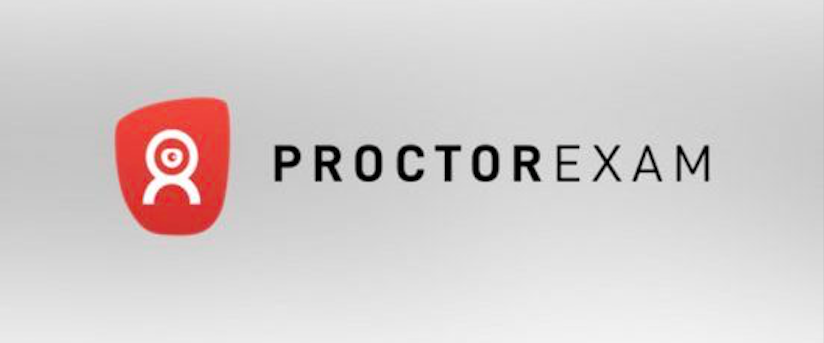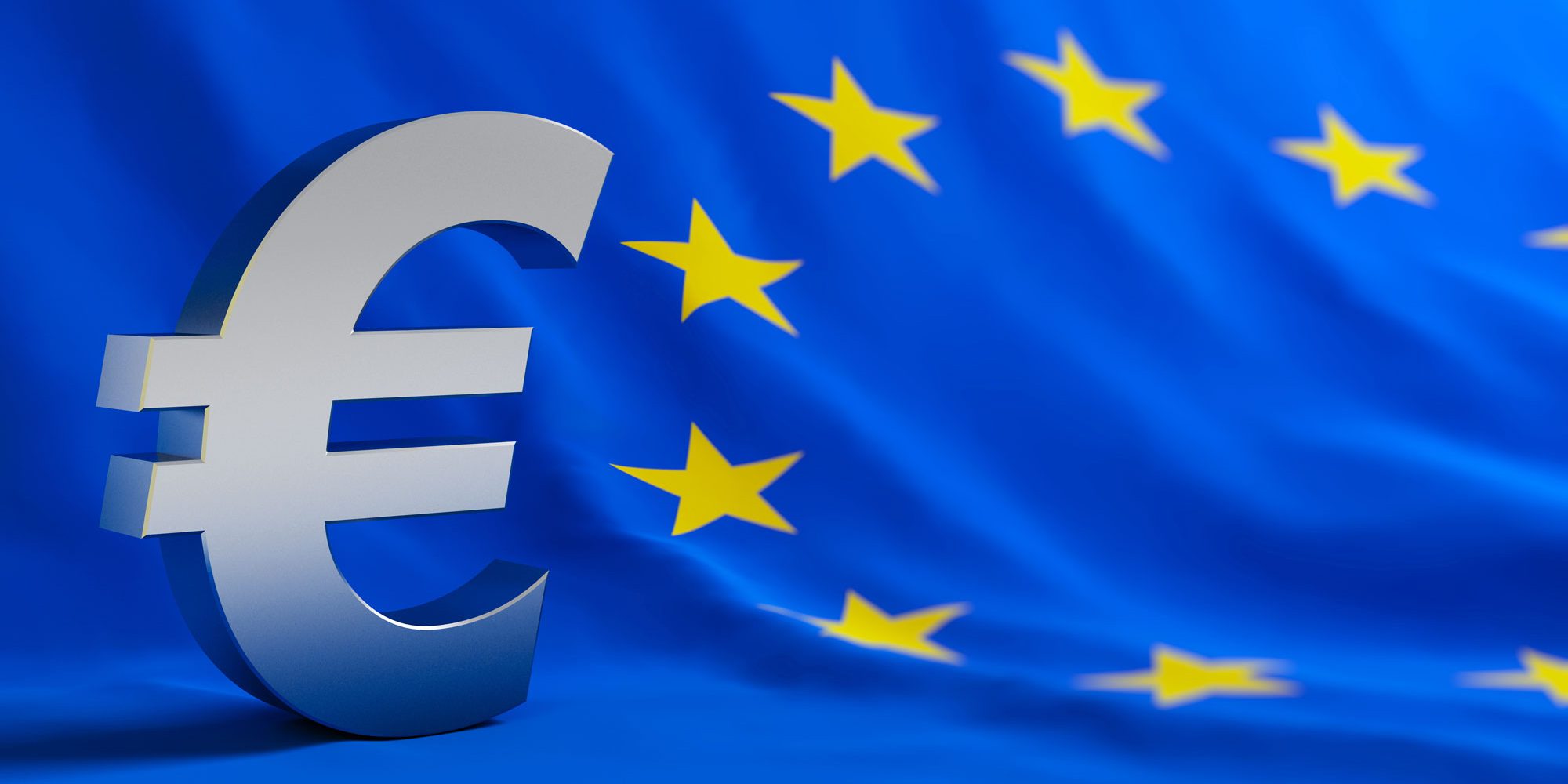ProctorExam, European market leader in online proctoring, has been Security Verified by the ICT Institute, an independent IT audit firm. This achievement is a confirmation that ProctorExam goes beyond being just GDPR compliant. Guaranteeing data protection and security for both exam takers and organisations is a top priority. ProctorExam continuously investigates how to take the extra mile to meet that urgency. Security Verified is an open standard for information security similar to ISO 27001, with an emphasis on GDPR. Any company that handles valuable or personal data is obliged to take care of information security. Security Verified makes it easy for organisations to prove that they have taken such steps. It is a renowned and open standard for the information security of organisations, especially for innovative tech champions of today and tomorrow. The structure is similar to ISO 27001 and contains many of the control measures from ISO 27002. However, Security Verified integrated GDPR compliance even more, since these are the current legal requirements within the European Union. Continue reading…
The message is clear: organisations must be held accountable for their social and environmental footprint. Therefore, it’s inevitable that speaking up becomes the next social…
Download whitepaper








